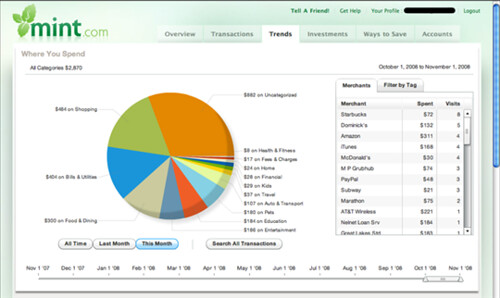

- HOW TO IMPORT FLEX SPENDING CSV TO QUICKEN UPDATE
- HOW TO IMPORT FLEX SPENDING CSV TO QUICKEN PASSWORD
- HOW TO IMPORT FLEX SPENDING CSV TO QUICKEN DOWNLOAD
Fidelity recommends that users take the following measures to maintain the highest level of security:

HOW TO IMPORT FLEX SPENDING CSV TO QUICKEN PASSWORD
These include requiring users to enter a password and user ID (Social Security number or customer ID) incorporating 128-bit, two-way data encryption technologies, † and 24-hour monitoring of access to Fidelity data and information.Īll customer data is transferred over the Internet using industry-standard encryption technology designed to be secure.
HOW TO IMPORT FLEX SPENDING CSV TO QUICKEN DOWNLOAD
To allow customers to download account information with confidence and security, Fidelity has implemented powerful electronic security measures using industry-standard encryption technology and additional proprietary measures. What versions of Quicken ® and QuickBooks ® support the account download service? As a result, consider saving a copy of your previous file before creating a new one by going to File > Save a copy as… seen in Quicken. Note: By choosing this method, your history for up to the last two years will be refreshed for the new file being created, for all your accounts. This will automatically make all the necessary adjustments.

This can be accomplished by going to File > New Quicken File.
HOW TO IMPORT FLEX SPENDING CSV TO QUICKEN UPDATE
Step 2) Follow Step 2 mentioned above to now update current cash value.ĭid you know you could avoid the steps above by creating a new Quicken File? Note: Quicken will delete the Consolidated FDIC position after this step however if you have multiple lots created, you may need to follow Step 1 mentioned above. This will also remove the Consolidated FDIC position. Step 1) Keep the box checked and select for Consolidated FDIC position and then select the Accept button. If the following message is being presented, it can also be addressed by following the steps below. Note: If you have not already been deleting extra core transactions from their existing transaction view, it may be required to delete extra activity seen as Core FDIC Insured Buy/Sell transactions in the existing Quicken registry. This will also suppress unnecessary Core Purchase and Redemption Transactions from displaying. Once completed, these steps will not be required again for future downloads. Step 2) Select the Cash link (shown below) to update you current cash value in Quicken.


 0 kommentar(er)
0 kommentar(er)
